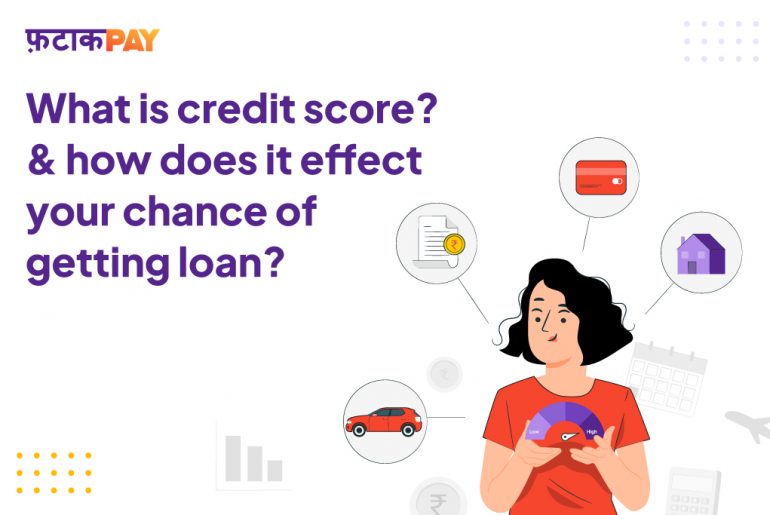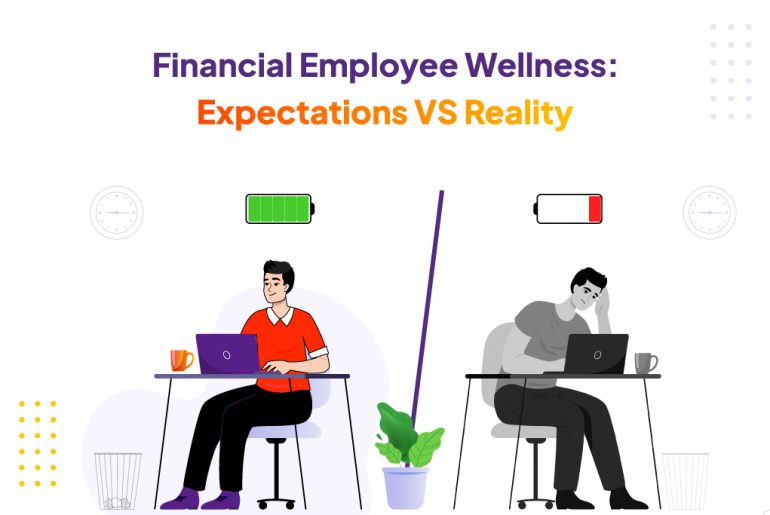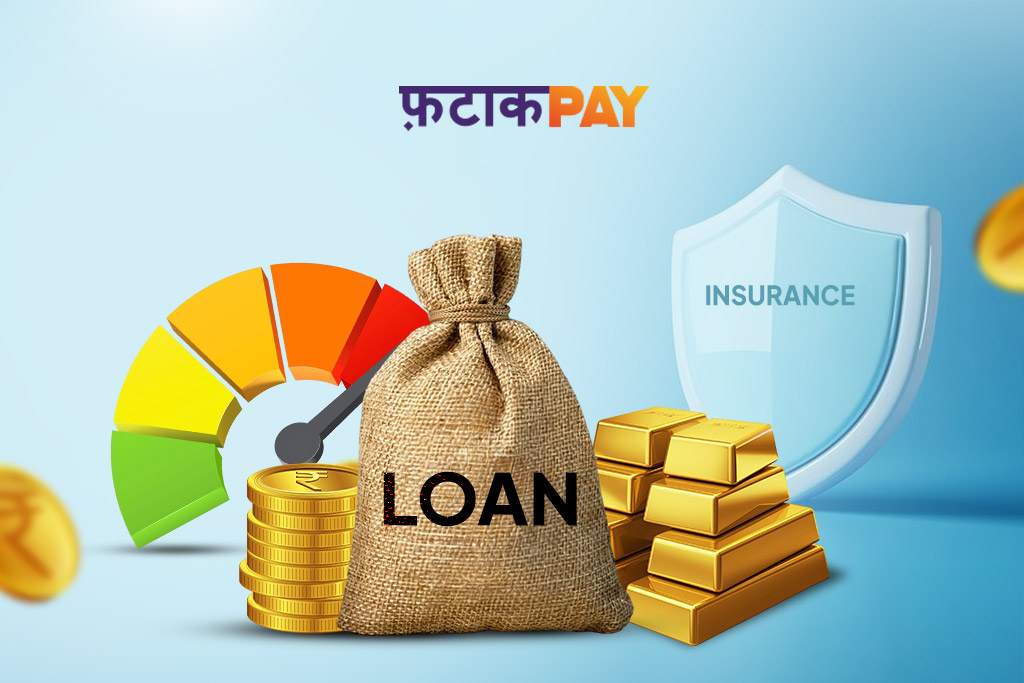Are you ready to take control of your credit and achieve the financial freedom you deserve? Your credit score is the key to unlocking a world of financial opportunity, from low-interest loans to credit cards with generous rewards programs. But what is a credit score and how is it calculated?
Your credit score is a numerical representation of your creditworthiness, based on information in your credit report. Creditworthiness is a measure of a person’s or a company’s ability to borrow money and repay it in a timely and reliable manner. Lenders use your credit score to assess your risk level as a borrower and determine whether to approve you for a loan and at what terms. A high credit score indicates that you have a sound track record of managing credit responsibly and are less likely to default on a loan. On the other hand, a low credit score can make it more difficult to get approved for credit and result in less favourable terms, such as a higher interest rate.
There are several factors that go into determining your credit score, including your payment history, credit utilization, credit history length, credit mix, and new credit. By understanding how these factors impact your credit score, you can take steps to improve it and increase your financial opportunities.
A detailed explanation of the factors affecting the credit score:
- Payment history: This is the most important factor in determining your credit score. Lenders want to see that you have a history of making timely payments on your credit obligations. Late or missed payments can have a negative impact on your credit score.
- Credit utilization: This is the amount of credit you are using compared to your credit limit. A high credit utilization ratio can have a negative impact on your credit score, as it may indicate that you are relying too heavily on credit.
- Credit history length: The longer your credit history, the more information lenders have to assess your creditworthiness. As a result, a longer credit history may result in a higher credit score.
- Credit mix: Having a mix of different types of credit, such as a mortgage, a car loan, and a credit card, can demonstrate to lenders that you can handle different types of credit responsibly.
- New credit: Applying for a lot of new credit in a short period of time can be seen as a red flag by lenders, as it may indicate financial strain or an increased risk of default.
- Credit report errors: It’s important to review your credit report regularly to ensure that all the information it contains is accurate. If you find errors, you can dispute them with the credit bureau to have them corrected.
- Outstanding debt: A high level of outstanding debt can have a negative impact on your credit score, as it may indicate that you are having difficulty managing your finances.
CIBIL Score and Credit Score:
The words ‘CIBIL score’ are often used synonymously with ‘credit score’ and refer to a three-digit score between 300 and 900. CIBIL stands for Credit Information Bureau India Limited, an Indian credit rating bureau that has access to your credit information. This information refers to all financial transactions where you have borrowed and repaid the money.
A good CIBIL Score is a score between 700 to 900.CIBIL has access to the credit information of around 600 million people and has 2,400 members that include lenders of all varieties. Since CIBIL is one of the most trusted credit information companies in India, its score is referred to as your credit score.
CIBIL Score Range
| CIBIL Score | Creditworthiness | Approval Probability |
| <600 | Needs attention | Low |
| 600-649 | Doubtful | Difficult |
| 650-699 | Satisfactory or fair | Possible |
| 700-749 | Good | Good |
| 750-900 | Excellent | Very high |
Ways to improve your credit score:
- Pay your equated monthly installments (EMIs) and credit card dues on time.
- Do not use too much of your credit card limit, and keep your Credit Utilization Ratio (CUR) within 30 percent. Credit utilization ratio, is the amount of revolving credit you’re currently using divided by the total amount of revolving credit you have available.
- Avoid applying for multiple loans or credit cards within a short period of time.
- Review your credit report regularly so that you know exactly what to expect.
- Unless it is absolutely necessary, do not cancel your old credit cards, as older cards can assure lenders that you have been paying your bills on time.
Don’t let a low credit score hold you back any longer. Take control of your credit and start achieving your financial goals today!
Your Credit Journey Starts Here. Get Started Today!






